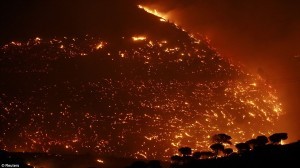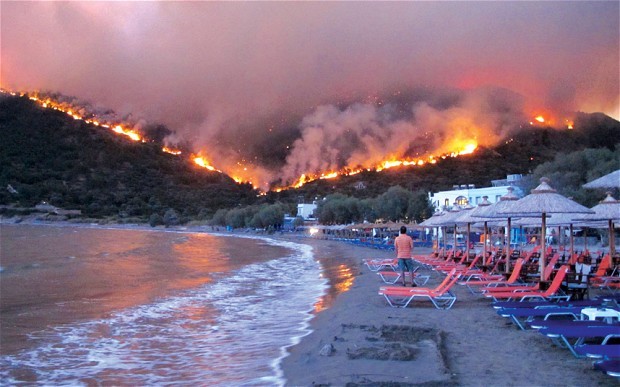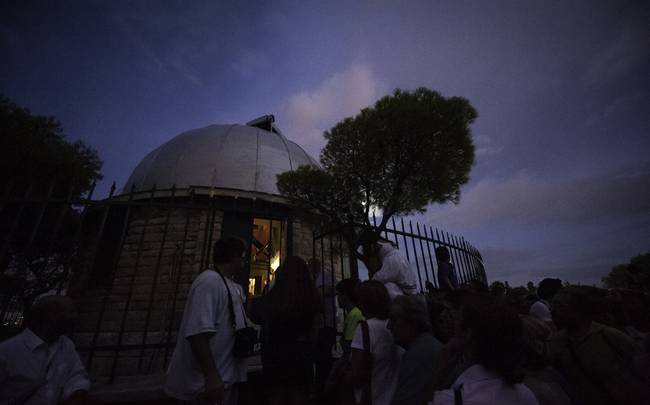The National Observatory of Athens’ (NOA) Satellite Remote Sensing Team won first prize for the best existing satellite service in space technology in the international Copernicus Masters Awards 2014 held in Berlin by the European Commission, The European Space Agency, the German Aerospace Agency and partners from the European Space Industry.
The Greek satellite system stood out from among 177 projects in the Best Service Challenge 2014. Greece came first among 44 countries taking part with its project, called “FireHub: A Space-Based Fire Management Hub”. The Greek project is an electronic platform which offers live satellite imagery of Greece and particularly of any problems on the ground. There are five-minute updates to the images that combine to offer high-quality information on any wildfire around the country. The satellite also allows for a forecast on the movement of smoke over cities and gives detail regarding the impact of the smoke on people’s health.
Greece’s FireHub also offers daily, weekly and seasonal estimations on the size and borders of burnt forest that need urgent reforestration. These services are already offered to state bodies involved in firefighting, like the Fire Brigade Operation enter, the OTE Telecoms Disaster Monitoring Center and the General Secretariat of Civil Protection.
The NOA group created the satellite service under the guidance of Dr. Charalampos (Haris) Kontoes, and the participation of Themistoklis Chairekakis, Dr. Ioannis Papoutsis, Dr. Stavros Solomos and Dr. Emmanuella Ieronymides.
Service summary
The service FireHub consists of three pillars:
* 24/7 real-time fire detection and monitoring at a spatial resolution of 500m
* large-scale burn scar mapping during and after wildfires that populates a unique diachronic inventory and observatory of fire events across Greece
* hourly fire-smoke dispersion forecasting
The service is fully transferable to diverse sites all over Europe.
Customer Benefit
* Evidence-based decision making (in civil protection and business continuity management) that supports resilience against wildfires with an eye towards societal and economic welfare
* Protection of human lives, private property, and ecosystems
* Support for transparent environmental governance and awareness
Ask me anything
Explore related questions








